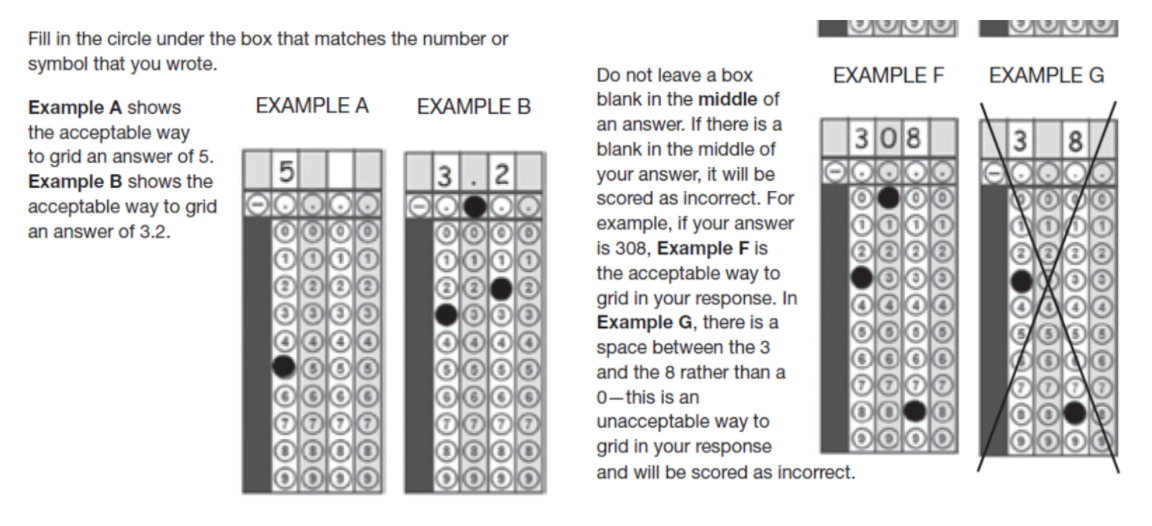How to Prepare for the NEW SHSAT
/By Akil Bello, a career test prep teacher and tutor who has spent 25 years helping people prepare for admissions tests, and board member of PASSNYC. You can contact Akil at akil@passnyc.org.
After a long wait (changes were first announced in September 2016), I finally got a full look at the new SHSAT when the DOE posted the 2017 - 2018 Specialized High School Handbook online. Fortunately, seeing the full test hasn’t changed very much at all my initial thoughts about the changes.
But since there are changes (no matter how superficial) I like to define, quantify, and categorize them so that families have the most up-to-date and complete information possible. Read on to learn about the changes and how they might be relevant to you.
Format
The overall format of the exam saw a few minor changes (4 choices rather than 5, 114 questions rather than 95, addition of experimental questions), but overall it remains a 2.5 hour test with about 100 multiple choice questions in English and math.
Reading Comprehension
The old exam had 5 passages with 6 questions each and a total of 30 reading comprehension questions. The new exam has 6 passages with 5 to 7 questions each. If nothing else tells the story of how unremarkable the changes will be, the reading comprehension tells the tale. The new handbooks actually reuses passages from the 2011 and 2013 handbooks and almost all of the questions and answers that went with those passages are reused with only minor wording changes. Here is a sample
This first question #25 is from the 2013 Handbook:
Now here is the question from the 2017 Handbook:
This question is one of the few in which almost all of the choices are changed, most questions were repeated from the earlier handbooks without any edits at all. There is even 1 or 2 new questions added to old passages, but overall reading comprehension is what it’s always been.
Here are some tips for the reading comprehension section:
- Each question set starts with a main idea question so be prepared to answer “What is the passage mainly about?” for every passage you read.
- When given line references, read more than the lines given. Line references tell you where to find what they are asking about, but not necessarily where to find the answer.
- Answers that are half-right are all wrong. Be sure to read the full text of the answer, since many of them may start correct but later introduce something that makes the choice incorrect.
Revision/Editing
Revision/editing questions are new to the exam. These are probably the biggest change to the exam and students should make sure they spend some time getting comfortable with not only the format but also the content. Since nothing like this is tested on the statewide assessments there is a good chance many schools didn’t heavily integrate the topics and rules tested on these questions into their curriculum.
Here is a sample question:
Note that the question asks about correcting a “misplaced modifier.” This question is the reason why no one should take this test without having at least done the 2 practice tests in the 2017 Handbook. What if the student isn’t familiar with misplaced modifiers? How can someone correct something they haven’t heard of?
Here are a few of the other terms and grammatical concepts that a test taker should become familiar with before testing day:
- Quantitative Information
- Logical sequence
- Transitions
- Precision
- Concision
- Modifier
- Verb tense
- Pronoun person and number
- Pronoun clarity
- Pronoun agreement
- Subject-verb agreement
- Possessive nouns and pronouns
- Items in a series
Math
The math section of the test will not change much at all. The topics and style of questions remains consistent with previous years. The only new element of the math section is the introduction of 5 grid-in questions. The challenge with grid-ins isn’t as much the math as it is filling the grid in properly. A test taker should make sure they understand how to fill in the grid so they don’t lose points by filling things incorrectly.
The short story is “start left and make sure to write and bubble everything.”
Hope this helps! If you need more advice or help please feel free to comment, contact our partners or send us a message.
Akil









